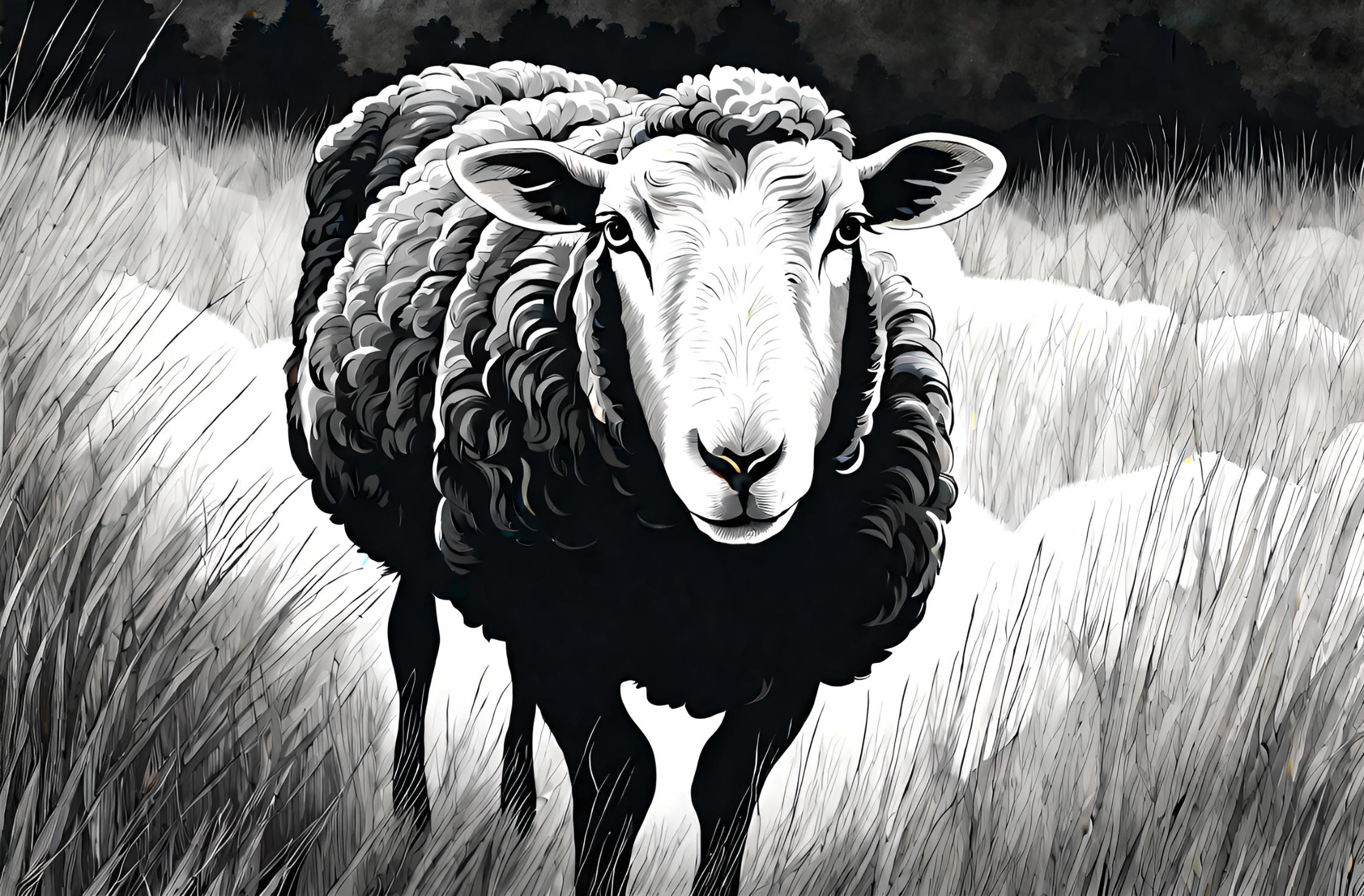Flashback to July 8
World History

1996
Dolly the sheep (code-named “6ll3”) is born at the Roslin Institute in Scotland, the first mammal to have been successfully cloned from an adult cell
Read moreDolly the sheep, code-named “6ll3”, holds a significant place in history as the first mammal to have been successfully cloned from an adult cell. Born on July 5, 1996, at the Roslin Institute in Scotland, this groundbreaking event marked a major milestone in the field of genetics and sparked intense debates around the world.
The birth of Dolly was the result of years of research and experimentation. Scientists at the Roslin Institute utilized a technique called somatic cell nuclear transfer (SCNT) to clone her. In this process, the nucleus of an adult cell, in this case, a mammary gland cell, was transferred into an unfertilized egg cell whose nucleus had been removed. Through careful manipulation and chemical signals, the egg cell was then stimulated to begin dividing and developing into an embryo. This embryo was then implanted into a surrogate mother, which eventually gave birth to Dolly.
The successful cloning of Dolly opened up new possibilities in genetics and raised ethical concerns that would shape future discussions. On one hand, this breakthrough provided valuable insights into cell differentiation and development, as well as the potential for genetic modification and disease research. On the other hand, it raised serious ethical questions about cloning animals and, eventually, humans.
Dolly’s birth also highlighted the complex dynamics between science and society. While some hailed the achievement as a triumph of scientific progress, others expressed deep concerns about the ethical implications and potential misuse of cloning technology. The fear of human cloning and the potential exploitation of cloned animals for commercial purposes fueled public discussions and debates that continue to this day.
In addition to the profound scientific and ethical implications, Dolly’s birth captured the imagination of the general public. The media extensively covered the story, propelling it into the forefront of global consciousness. Dolly quickly became a household name, symbolizing both the awe-inspiring power of science and the apprehension surrounding its potential consequences.
As time went on, further scientific breakthroughs were achieved in the field of cloning, but Dolly remains an iconic figure in the history of genetics. She lived a normal sheep’s lifespan, reaching the age of 6, and gave birth to several lambs herself. However, her life was not without health challenges. Dolly suffered from arthritis and lung disease, which raised concerns about whether the cloning process contributed to her health issues. These concerns further fueled debates around the safety and well-being of cloned animals.
The legacy of Dolly the sheep extends far beyond her individual existence. Her birth marked the beginning of a new era in genetics and opened the doors to possibilities that were once thought to be mere science fiction. The technology developed to clone Dolly has far-reaching implications in various fields, from agriculture and medicine to conservation and bioengineering.
Despite the controversies and uncertainties surrounding cloning, Dolly’s birth paved the way for significant advancements in scientific research. The lessons learned from cloning Dolly have been instrumental in understanding cellular development and have contributed to breakthroughs in stem cell research and even genetic engineering.
Dolly the sheep will forever be remembered as the pioneer of mammalian cloning, a symbol of both scientific progress and ethical dilemmas. Her birth on July 5, 1996, at the Roslin Institute continues to shape the ongoing conversations and debates surrounding cloning, genetic engineering, and the boundaries of science.
We strive for accuracy. If you see something that doesn't look right, click here to contact us!
Sponsored Content

King Charles XV /…
On 7/8/1859, King Charles…

Great Northern War: Battle…
On 7/8/1716, the Battle…

French and Indian War:…
On July 8, 1760,…

Sudan Airways Flight 39,…
On July 8, 2003,…

King Charles II of…
On July 8, 1663,…

French and Indian War:…
On July 8, 1758,…

